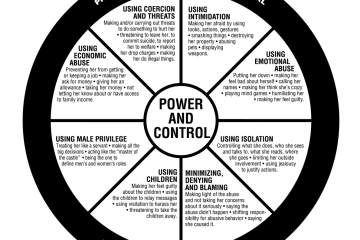Understanding the Shooter Phenomenon in Modern Society

Introduction
The issue of gun violence and shooters has become increasingly prevalent in modern society, raising significant concerns among communities, policymakers, and mental health professionals. Recent statistics indicate a troubling rise in shooting incidents, with a stark increase in mass shootings across various regions. This topic is of utmost importance as it directly impacts public safety, mental health, and legislative approaches to gun control.
Recent Events and Statistics
According to the Gun Violence Archive, the United Kingdom experienced an alarming increase in firearm-related incidents over the past year, with a 20% rise noted in major cities. In 2023 alone, several incidents have left communities in shock, prompting urgent discussions around gun laws and mental health support. For example, the tragic shooting at a local park in Birmingham in July 2023, which resulted in multiple casualties, forced authorities to reassess their strategies in combating gun violence. These events highlight the complex interplay between accessibility to firearms, social influences, and mental health issues, which often contribute to an individual’s decision to engage in such violence.
Factors Contributing to Shooter Behaviour
Research indicates that several underlying factors could lead to an individual becoming a shooter. These include socio-economic challenges, a history of mental health issues, and exposure to violence—whether in personal life or through media. Furthermore, the stigma surrounding mental health often leaves individuals without the appropriate resources for support. A report from the Royal College of Psychiatrists suggests that societal attitudes towards mental health significantly affect access to care, which could help discern risky behaviours early.
Legislative and Community Responses
In response to the rising threat of shootings, legislative bodies are taking action to create stricter gun control measures. The Home Office has proposed new legislation aimed at tightening background checks and restricting firearm ownership for individuals with a history of violence or mental health crises. Community initiatives are also emerging, focusing on prevention through education and the promotion of mental health awareness. Programs aimed at identifying and supporting at-risk youth before they resort to violence are gaining traction, as community leaders recognise the urgent need to address these issues.
Conclusion
The phenomenon of shooters is a critical issue that society must address holistically. By understanding the root causes and contributing factors, as well as promoting effective policies and community support systems, it is possible to mitigate the risk of future incidents. Moving forward, collective efforts—including comprehensive mental health care, responsible gun ownership laws, and increased public awareness—are essential in preventing gun violence and ensuring the safety of communities. The significance of this issue for readers cannot be overstated, as it reflects broader societal challenges that demand urgent attention and action.









